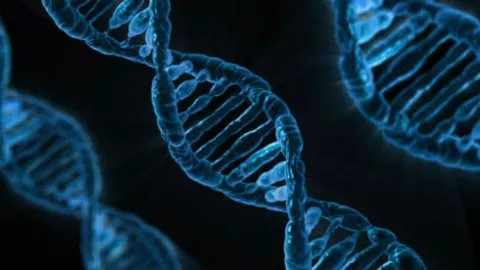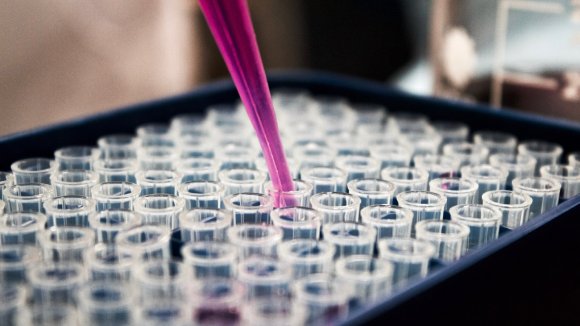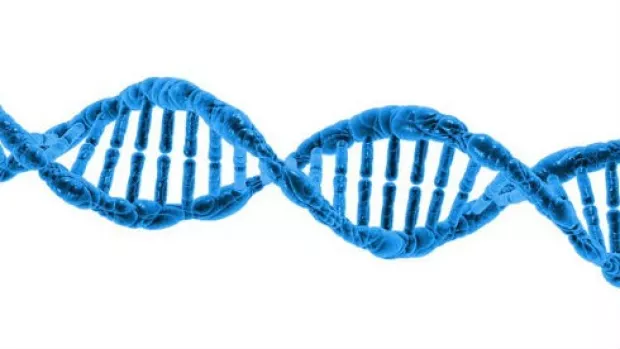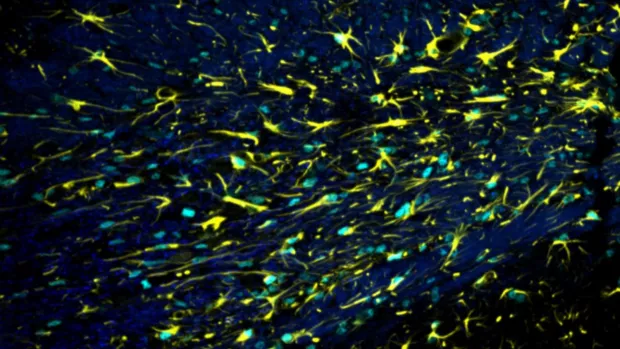
New finding in the DNA of people with MS could point towards new treatments research
Researchers have found the first genetic marker associated with a faster progression of MS.
We know that having certain genes can make a person more susceptible to developing MS. But new research shows genetics might also influence how MS progresses.
Genes are made up of DNA, and supply the genetic instructions to tell living creatures how to develop. We get one set of DNA from each parent, so we carry two copies of each gene.
There are lots of tiny variations in everyone’s DNA. Some variations are more common in MS, though they do not directly cause MS.
What did the research find?
Researchers recently found a new variation in a small portion of DNA in some people with MS, which is associated with faster progression of MS.
The effect on progression was significant when people had one copy inherited from each parent. When people carried two copies in their DNA, they needed a walking aid on average 3.7 years sooner than people with no copies.
Researchers also found this tiny portion of DNA is located between two genes, known as DYSF and ZNF638. Because it’s physically close, it could have an influence on these nearby genes.

This discovery could help find new ways to approach the development of treatments.
How could this lead to new treatments?
This discovery won't mean doctors can predict how one person’s MS might change over time. We don't yet know how to use genetic information like this on an individual basis.
But, this discovery could help find new ways to approach the development of treatments. It’s unlikely treatments for progression would aim to alter the genes themselves. But, researchers could try to develop treatments to alter the effects of the genes, to encourage changes in the immune system or in cell repair.
For example, the researchers suggest one day new drugs could act on the gene which controls viral infections. They think a drug like this has potential to work by blocking viruses associated with MS, like Epstein-Barr virus (EBV).
Read more about viruses and MS
What did they do?
Researchers studied the entire set of DNA from 12,584 people with MS from across North America, Europe and Australia. Everyone included in the study were of European ancestry. The researchers looked at 7.8 million genetic variants.
They were looking for variations that were common in people who had particularly severe MS. They used a score called the age-related MS severity score, a way of measuring how much someone is affected by their MS. It’s based on another score, the Expanded Disability Status Scale (EDSS).
To see if the variation affected the rate of progression, not just severity, researchers then looked at it in a different set of people, who had recorded their EDSS scores over a number of years. This showed how disability changed over time. The researchers found people with two copies of the variant became disabled faster than people with no copies.
What’s next?
The research team is now collecting a larger set of DNA samples from people with MS to find other variants that could contribute to disability from the condition. Other variants and other genes may become clearer when more information is added.



